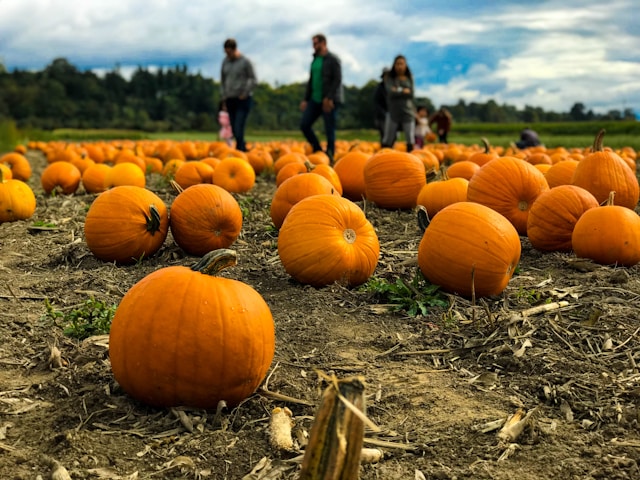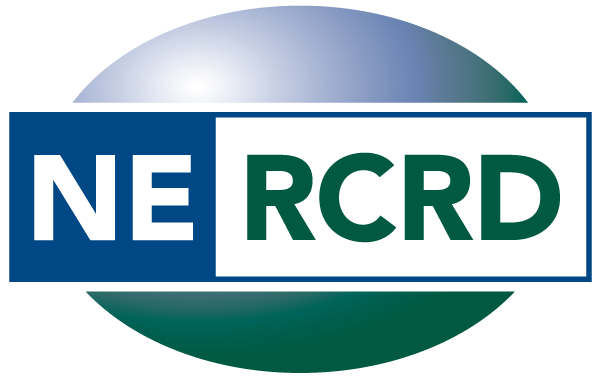
New paper digs into limitations of agritourism and direct sales data
September 20, 2024
Agritourism plays a critical role in rural economies, supporting farm viability and offering diverse income streams for agricultural producers. In a recent article published in the Journal of Agriculture, Food Systems, and Community Development, a team of agritourism researchers including three from NERCRD emphasize the importance of accurate data collection in this sector. The paper, titled Insights and oversights: Behind the data on agritourism and direct sales in the United States, highlights significant inconsistencies in the way agritourism and direct sales are defined and measured in the U.S., resulting in potential misrepresentations that could influence policy and support mechanisms. The authors advocate for more comprehensive data to better inform the future of agritourism development and rural entrepreneurship.
Authors:
- Chadley R. Hollas (Cultivating Tourism and University of Georgia)
- Claudia Schmidt (Penn State and NERCRD),
- Zheng Tian (Penn State and NERCRD)
- Stephan J. Goetz (Penn State NERCRD), and
- Lisa Chase (University of Vermont and Vermont Tourism Research Center)
Key Findings
- The study reveals that current definitions of agritourism and direct sales used in U.S. data collection are inconsistent, leading to potential misinterpretations in research and policy.
- There are significant gaps in how agritourism activities, such as pick-your-own operations and hunting, are captured in the USDA NASS Census of Agriculture, leading to a misunderstanding of the sector’s full economic impact.
- The research highlights how these data inconsistencies vary by region, potentially skewing perceptions of agritourism’s role in different parts of the country, with examples from Texas and Vermont illustrating these differences.
Recommendations for Policy, Practice, and Research
The authors recommend revising the questions in the USDA NASS Census of Agriculture to include more comprehensive questions that capture the full scope of agritourism activities, such as pick-your-own operations and farm stays, to better reflect the sector’s economic contributions. Additionally, policies and support mechanisms should be tailored to reflect the diverse ways agritourism manifests in different regions, recognizing the unique characteristics and needs of each area.
The authors also encourage fostering partnerships between researchers, policymakers, and agritourism operators to develop data-driven strategies that enhance rural development and farm viability. Lastly, expanding targeted educational programs for agritourism operators is crucial, focusing on best practices for leveraging their unique offerings and navigating regulatory environments.
